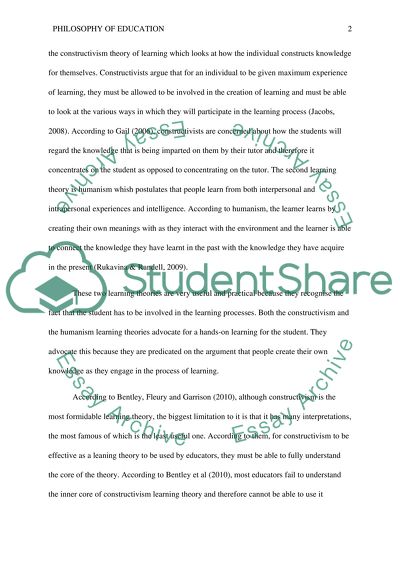Cite this document
(“Assessment of Dispositions: Philosophy of Education Essay Research Paper”, n.d.)
Retrieved from https://studentshare.org/education/1487059-assessment-of-dispositions-philosophy-of-education
Retrieved from https://studentshare.org/education/1487059-assessment-of-dispositions-philosophy-of-education
(Assessment of Dispositions: Philosophy of Education Essay Research Paper)
https://studentshare.org/education/1487059-assessment-of-dispositions-philosophy-of-education.
https://studentshare.org/education/1487059-assessment-of-dispositions-philosophy-of-education.
“Assessment of Dispositions: Philosophy of Education Essay Research Paper”, n.d. https://studentshare.org/education/1487059-assessment-of-dispositions-philosophy-of-education.


